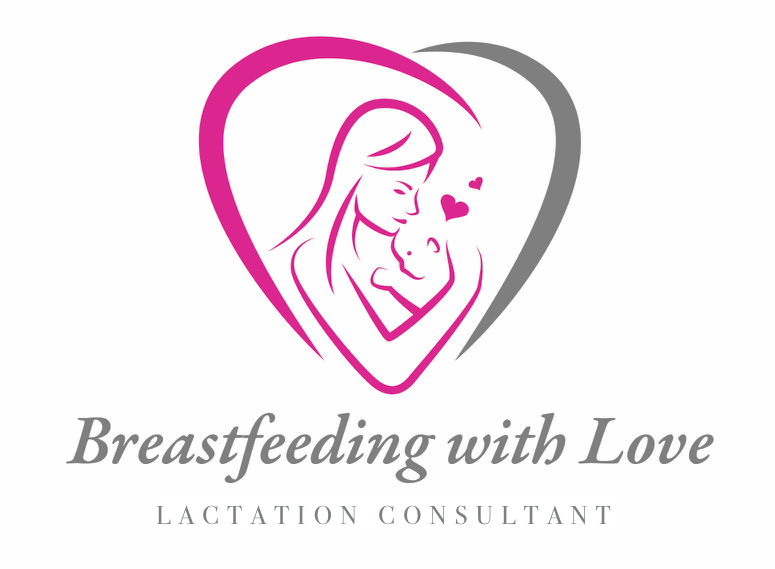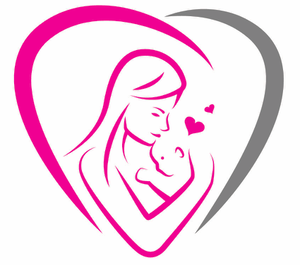Breastfeeding and Nutrition
" Betty Greenman came over and saw that I looked really pale. She not only cares about helping you out with breastfeeding, she cares about you and your recovery after delivering your baby. She treats you like you are her own daughter. She has helpful information on nutrition." Veronica C.
"Betty knows a lot about nutrition and breastfeeding. She handed me a great folder when she came to my home with great brochures inside to read about good nutrition for women. She is amazing because she told me that she takes the time to prepare a folder for everyone she sees." Lisa R.
Foods Containing Nutrients Needed During Lactation
Breastfeeding is the best form of nutrition for your baby’s health. You are setting the stage for the best health for you and your baby, for years to come. Additionally, women need to calculate their own calorie requirements. Ask your doctor what is the right amount of calories for your weight and height and while breastfeeding you should add approximately 500 calories more a day. The lactating mother need not maintain a markedly higher caloric intake than that maintained prior to pregnancy: in most cases, 400-500 calories in excess of that which is needed to maintain the mother's body weight is sufficient (Riordan, 2004). A woman shouldn't lose more than 1.5 pounds per week. A woman should drink eight cups of water, milk, juice, or soup a day. It is recommended that women eat 2-4 servings a day of fruit and 3-5 servings a day of vegetables. A woman should make sure to have 6-11 servings of cereal, rice, and pasta a day. Women need 3 servings of meat, poultry, beans, eggs, or fish a day.
Breastfeeding woman should continue their prenatal vitamins as recommended by their doctor because the amounts of vitamins and micronutrients vary from mother to mother due to the mother’s diet and genetic differences. Vitamins A, D, K, and E are all found in breast milk. Vitamin B12 and B6 are also found in breast milk. Vegan mothers may be deficient in B12 because they don’t eat meat or dairy products so they need a Vitamin Supplement. Fats oils, sweets and caffeine should be eaten in moderation. Minerals that are found in breast milk include: sodium, zinc, iron, calcium and magnesium. Other minerals include cooper levels which are the highest the first few days postpartum, selenium can also be found, small amounts of aluminum, iodine, chromium and fluorine are also found in breast milk.
Alcohol and caffeine are safe in small amounts. Alcohol consumption should be avoided if possible and limited to one glass a day of wine when breastfeeding. Smoking and drugs should be avoided when breastfeeding. Additionally, nicotine passes through breast milk and may cause serious medical problems. All medications transfer into breast milk. Drugs transfer into human milk largely as a function of their physiochemical characteristics, which include their molecular weight, lipid solubility, protein binding and pka (Atkinson and Begg, 1990). Medications should be taken only when prescribed. After the doctor has evaluate what drug the mother is taking, if needed she can try a safer drug while breastfeeding. If you have a concern about the drugs you are taking while breastfeeding, you can consult a Lactation Consultant or doctor.
Here is a guide to daily food choices taken from the U.S. Department of Agriculture/ U.S. Department of Health and Human Services:
These are the recommended servings from the Food Pyramid: Fats, Oils and Sweets should be eaten sparingly. Milk, yogurt and cheese groups 2-3 servings, from the vegetable group 2-3 servings, from the meat, poultry, fish, dry beans, eggs and nut group 2-3 servings, from the fruit groups 3-5 servings and bread, and from the cereal, rice and pasta group 6-11 servings.
CALCIUM-This is vital in a woman’s diet to help nourish the bones. Products that can be eaten in this category include: milk, cheese like cheddar and yogurt; calcium fortified orange juice ,fish with edible bone such as salmon or sardines; tofu processed with calcium sulfate; bok choy, broccoli and kale; collard, mustard, and turnip greens; cottage cheese, ice cream, dried beans and breads made with milk. This includes eating three servings of dairy foods per day for breastfeeding women.
ZINC and IRON-To be sure to eat enough of your proteins, you should eat meat, poultry, seafood, eggs, seeds, legumes, yogurt, whole grains.
PROTEINS- Next to milk, eggs contain a lot of protein. Other products include: lean cooked fish, meat and poultry, dried beans or peas, cheddar cheese, cottage cheese, macaroni and cheese, chili with meat and beans, cheese pizza, peanut butter, nuts, seeds and tofu, soybean curd.
VITAMIN D- Be sure to get enough Vitamin D by either going outside for a walk with your baby for 15 to 20 minutes a day or drinking Vitamin D enriched milk or in your vitamins.
MAGNESIUM- This mineral can be found in such foods as: nuts, seeds, legumes, whole grains, green vegetables, scallops, oysters.
VITAMIN B6- A good source of this vitamin can be found in foods such as: bananas, poultry, meat, fish, potatoes, sweet potatoes, spinach, prunes, watermelon, some legumes, fortified cereals and nuts.
THIAMINE- One can find this in pork, fish, whole grains, organ meats, legumes, corns, peas, seeds, nuts, fortified cereal grains.
FOLATE or FOLIC ACID- This B Vitamin is very crucial in your daily diet while breastfeeding. It can be found in green leafy vegetables, raw spinach, cooked cauliflower, broccoli and asparagus, citrus fruit, beef or calf liver, green beans, chicken or turkey liver, lentils, black eyed peas, pinto beans and red kidney, fortified dry cereal and whole grain cereals and breads.
Vegetarian Diet-The vegetarian diet can be very healthy for a breastfeeding mother however; the mother needs to take a multivitamin daily which includes the B12 supplemental vitamin. You baby will need additional Vitamin D supplement if you do not go outside enough. You should include two to three servings of dried beans, nuts, seeds, eggs or meat substitutes, three or more servings of vegetables or dark green leafy vegetables daily, two to four servings of fruit, at least one need to be citrus fruit and two to three glasses of milk or a calcium substitute daily.
A breastfeeding mother should be able to lose her weight that she gained from her pregnancy at a steady pace. Women should not be dieting strenuously or exercising vigorously. Everything should be done in moderation. Your body needs enough good nutrients while breastfeeding. Eating healthy and well helps keep a good milk supply for your baby. Taking a walk outside is a nice way to exercise as well as a great way for your baby to get fresh air. Getting enough rest is also important for you. The better you feel, the better breastfeeding will go. If you can hire someone so you can rest, that is money well spent.

